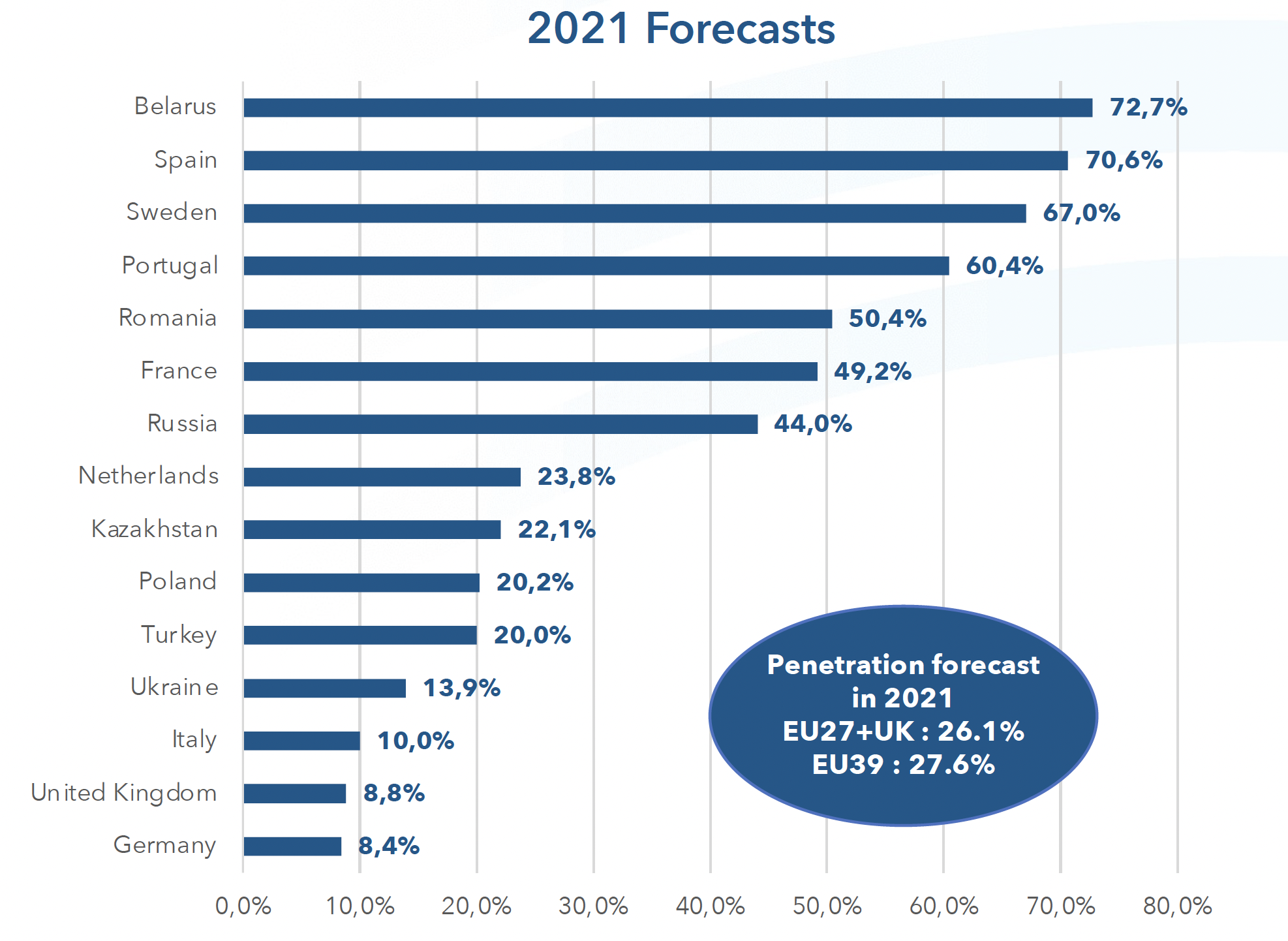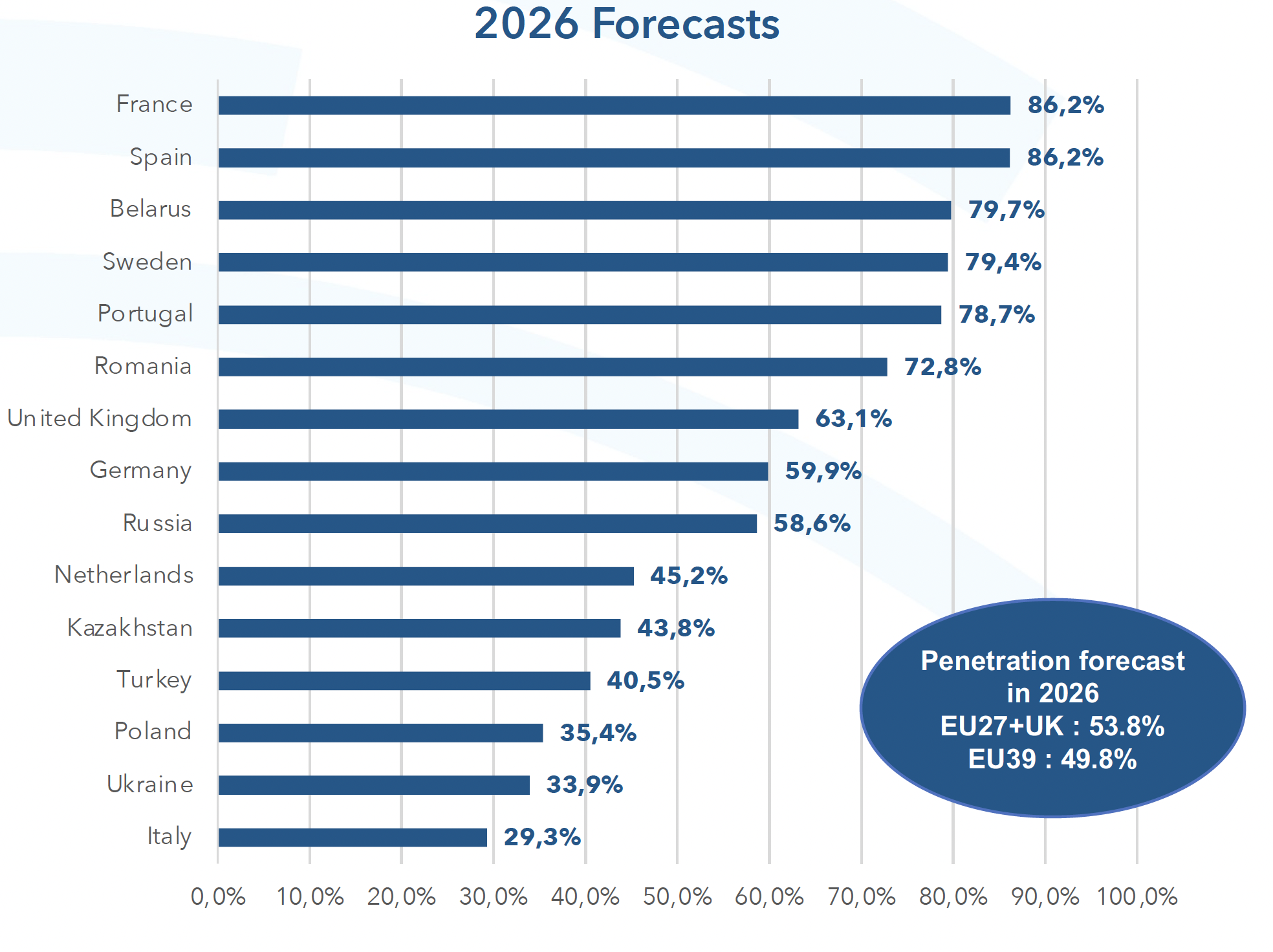SD-WANs can help businesses address remote workers as a priority, writes Peter Terry-Brown of Vodafone Business*
Widespread remote working took place almost overnight and led to an explosion in the number of locations at which data and applications needed to be accessed. Employees operating from anywhere has led many organisations to rethink their network infrastructure. They need a network that has enough bandwidth to cope in a world of hybrid (remote and office-based) working and can do so securely.
The boom in remote working has also seen companies embrace cloud more, meaning legacy networking is no longer fit for purpose.
Software-defined networks that are both are automated and intelligent have emerged. Complex tasks become simple, allowing an organisation to move much faster, and in a way which enables growth while staying secure.
More flexibility and control
As the pandemic showed, it’s important for businesses to plan for the unexpected. SD-WAN has improved network infrastructure for many businesses as it can be managed over a wide area, connecting multiple locations. Organisations can use the software to control applications, security policies and general administration.
It also means that the network can be viewed in real-time and businesses can respond to issues quickly, giving them more flexibility and control.
As SD-WAN can detect which applications are in use and optimise the workflow according to individuals’ needs, it ensures everyone has a better experience and helps to improve performance.
For many teams, better time management has been a key benefit as complex operations can be simplified through automation and cloud-based management. SD-WAN also brings intelligence to the network, minimising network congestion and making sure the cloud is better connected.
Reductions in operation costs
SD-WANs should enable IT managers to get the best out of their network spend. While there are no guarantees that overall network costs will reduce – this really depends on the applications in use– the network can be managed to optimise both price and performance.
SD-WAN technology means many networking functions can be virtualised and consumed as-a-service. Instead of having to purchase, install and maintain multiple appliances for routing, firewall and WAN acceleration, an SD-WAN offers one, on-site service that supports multiple virtual network functions. This reduces commercial and operational costs.
Greater agility and security
The pandemic brought forced businesses to adapt and find more flexible solutions. To accommodate hybrid working and support the workforce, companies need a plan and the right tools in place to protect them from security threats and address compliance issues.
As the rise of autonomous networks continues, the network’s ability to detect issues such as cyberattacks and respond automatically will become more important.
SD-WANs provide giving greater visibility, so IT teams can locate issues and be more responsive to cyber threats: the centralised virtual network environment means that it can be constantly updated and backed up, and threats can be minimised across all locations, devices and the cloud simultaneously.
Better visibility is through greater access to data and reporting features, giving business leaders insights into how they can apply new applications, technologies and connectivity for additional devices and locations. Having a secure and management IT infrastructure is key to futureproofing and staying ahead of the competition.
Overall, SD-WAN connectivity can help improve business’ control and visibility of their networks, helping them to make better decisions, faster. With seamless network connectivity, performance issues will be minimised and the smart yet simplified network will enable organisations to be more productive and flexible.
Digitally transforming the business will give a complete overview of the network and better management of applications, helping organisations to stay ahead of the competition and protect their network.
* The author is Unified Communications and Connectivity Director at Vodafone Business














